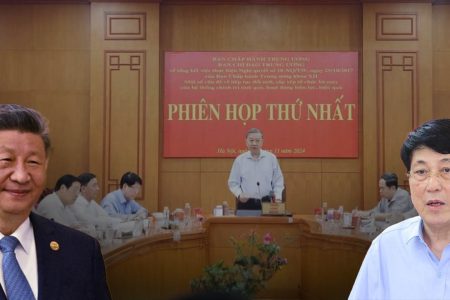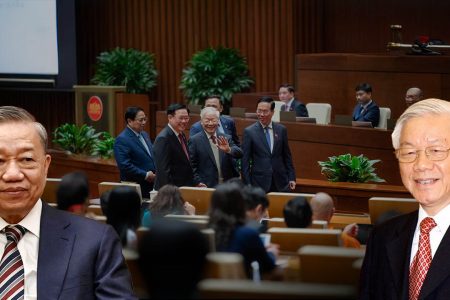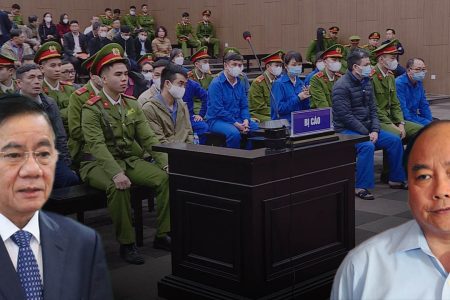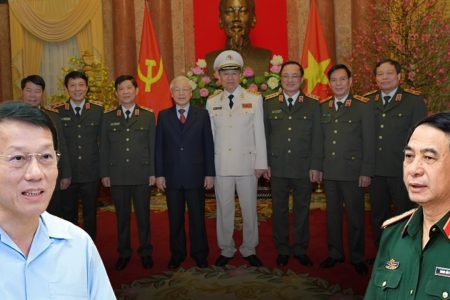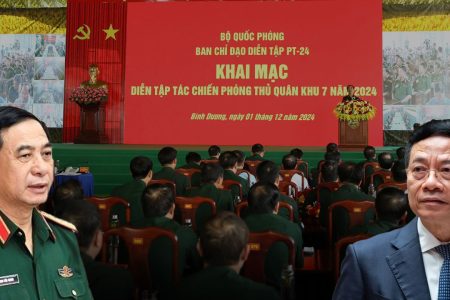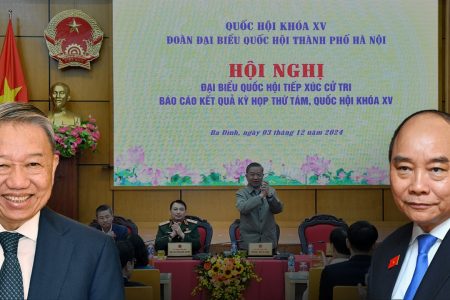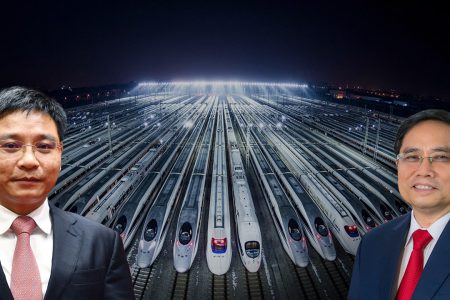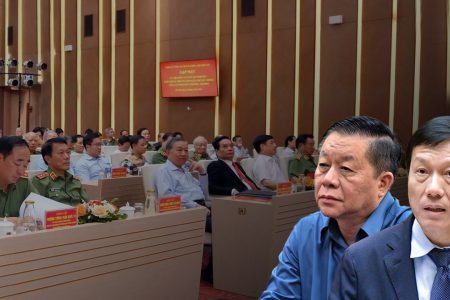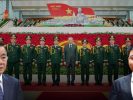For a long time, the world’s economic and financial analysts have had an almost absolute consensus on assessing the amazing development achievements of the Chinese economy, after nearly 40 years. The one-party political system in China is considered an advantage.
In 1978, China adopted Deng Xiaoping’s pragmatic motto: “White cat, black cat doesn’t matter, as long as it catches mice.” With this pragmatic motto of the Deng surname, China seems to be breathed in a new breath of life.
After only nearly 30 years, from a country of poverty, with insufficient food, China has risen rapidly and become an economic powerhouse, closely following the economy of the United States. China’s GDP growth, for many decades in a row, has always been at 9% per year and many years with double-digit growth. That has rapidly changed the face and position of China in the international arena.
Even not long ago, many famous economic experts were still optimistic that China’s economy was catching up, or even surpassing the US.
Yet, The Economist on August 24 had a commentary: “Why won’t China’s economy recover?” saying “A [Chinese] government – increasingly autocratic, are making serious mistakes.”
The article comes to a surprising conclusion, different from the long-standing think tank assessments. Because for a long time, it has been considered that the one-party political system and the autocracy of the Chinese government are an advantage, even an indispensable determining factor, in the success of the Chinese economy from 1979 to present.
Also because, since Beijing decided to integrate China into the world economy in 1978, soon after, China has become a legend. By the most spectacular growth in history, lifted nearly 800 million Chinese out of poverty. In 1980, China’s manufacturing power was only one-tenth that of the United States. By 2020, China’s economy was about the size of 3/4 of the US economy.
But now, the Chinese economy is showing alarming signs.
According to The Economist, at the end of 2022, after the 20th National Congress of the Chinese Communist Party, Xi Jinping decided to abandon the “Zero-Covid” policy that Beijing had persistently pursued since the outbreak. Because they realized, that was the reason why the fight against the epidemic failed. However, when China’s economy should have returned to its previous growth path, things are different now.

China’s economic growth rate for the whole year, estimated after the second quarter of 2023, is only 3.2%. This is a surprising number and a huge disappointment for the Chinese Communist Party.
Specifically, “Consumer spending, business investment and exports all decrease. And while much of the world suffers from excessive inflation, China has the opposite problem of the world, which is deflation.”
Some world economic experts have warned that, if China allows deflation for a long time, it will make the Chinese economy go backwards, and negative growth. China has been suffering from problems much deeper than those associated with the usual economic laws. But the cause of many challenges facing the Chinese economy today, stemming from the worsening of economic policymaking, after Xi Jinping pursued a policy of centralization of power, in an authoritarian way.
That is reflected in the Covid-19 pandemic, China is consistent with its authoritarian anti-epidemic policy – “Zero-Covid.” The irregularity is also one of the factors that have a great influence on the economy of this country.
Analysts also point to worrying signs that Xi believes China must prepare for a protracted economic, and possibly military, conflict with the United States. That is why, before, during and after the 20th Communist Party of China Congress, Xi Jinping concentrated all power in his own hands, and replaced technocrats with incompetent people but more loyal to the regime, as well as to him personally.
Still according to The Economis, Western leaders have long believed that China’s economic development will lead to and will promote democratic values, as well as individual freedom in this country. But in reality, it’s not what people think.
The question “Will authoritarian regimes damage the economy?”
For China, the answer is definitely “yes!” Clearly, after four decades of dizzying growth, China is entering a period of decline.
Similarly in Vietnam, with the trend of economic growth, the Hanoi government tightens personal freedoms and bans the activities of civil society organizations. Regardless of the rules of developed countries, they must be placed on three main pillars: the rule of law; complete market economy and the widespread activity of civil society organizations.
In fact, in Vietnam today, the government has been suppressing and cracking down on individuals and civil society organizations that are trying to promote the development of the country. The fact that a series of civil society organizations operating in the field of environment have been closed, and their leaders have been arrested and charged with fabricating crimes – “tax evasion” – is evidence. Along with the fact that the police state in Vietnam ruthlessly represses many people who speak out, or fight for democracy and human rights. They were arrested, prosecuted and sentenced to many years in prison, under vague laws such as 331, 117 of the 2015 Criminal Code.
It shows that the Hanoi government is using the power of the Party, to remove the limited openness to increase the totalitarian dictatorship in Vietnam. They should look to China to learn lessons, it is not too late.
Tra My – Thoibao.de



